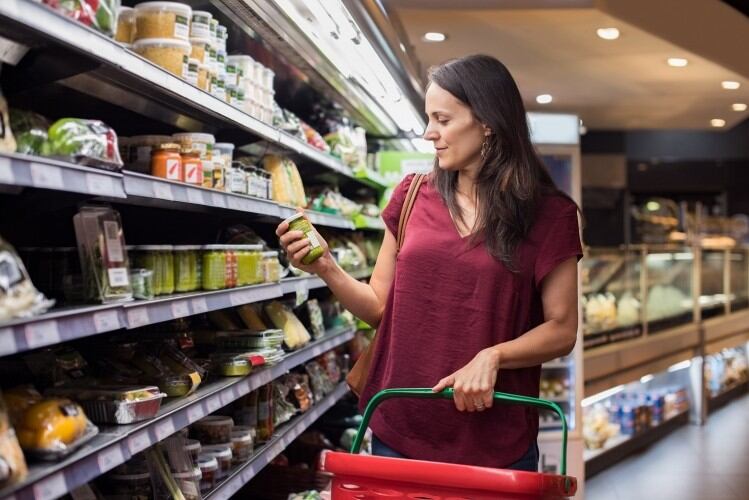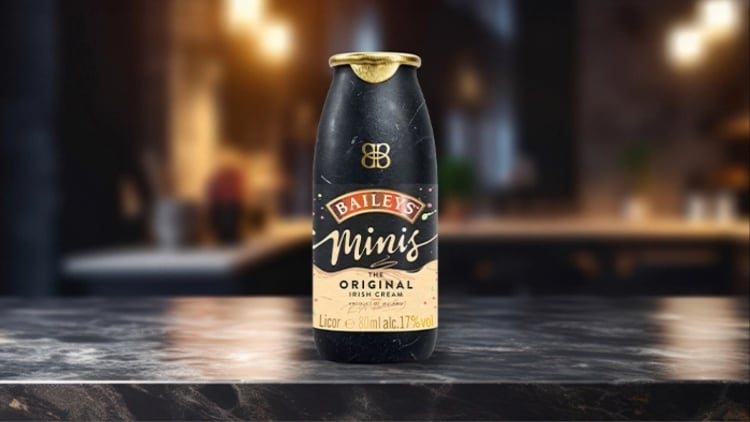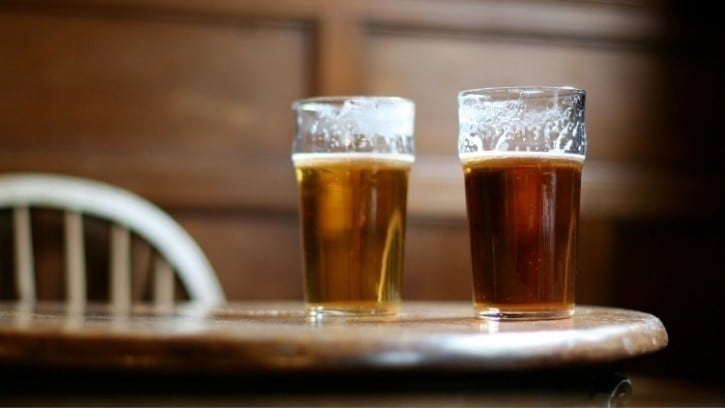Despite the cost-of-living crisis, almost half of the 3,500 respondents across seven countries said they would opt for a more expensive beer over a cheaper rival, if the former is sustainably produced.
The international survey, which drew responses from the UK, US, Germany, Austria, Belgium, Japan and Singapore, found that respondents would pay up to 30% more for a ‘greener’ pint that reduces waste and water and energy consumption.
Commenting on the results, Pall Corporation’s (which commissioned the survey) beer market manager, Roland Pahl-Dobrick said today’s consumers have a renewned interest in the brewing process, with 75% saying they’re keen to learn more.
Examining the perspectives of the respondents and how they believe beer can be more sustainable; on average, 80% thought reducing waste to be relevant and 76% cited a reduction in energy, while 63% noted the importance of reducing water use. Among the seven surveyed countries, the UK saw the highest recognition of these factors, with 85%, 82% and 71% respectively.
The results also found that overall 60% believe filtration plays a part in a beer’s environmental impact.
“Filtration plays a critical role in the brewing process,” added Pahl-Dobrick. “Traditionally beer has been clarified and purified via a fossilised algae called diatomaceous earth, but this creates approximately 3kg of waste sludge for every 1kg used. This can amount to hundreds of tons of waste in large breweries and often ends up in landfill sites. It also typically uses a lot of water. There are more sustainable options.”
Modern methods include crossflow membrane filters which use less water and energy, generate far less waste and are more cost-effective to run.





